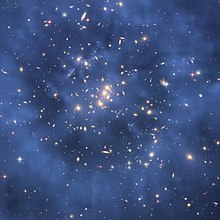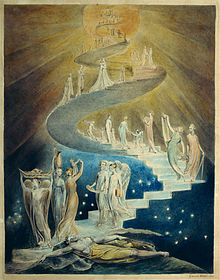Recalling Meister Eckhart’s words while reading Nishitani Keiji as I walked low tide hardpack beach for days and hours thirty five years ago: Leben ohne Warum (life without why, or, life without the question why),
Following conversation last evening, I find:
Following conversation last evening, I find:
Nishitani has further developed this multiple Zen perspective of “non-doing” (mu-i) in dialogue with Western philosophers including Nietzsche and Heidegger. Jan van Bragt, in his translation of Nishitani’s Religion and Nothingness, has skillfully rendered the opposing term u-i (samskrta) here as “being-at-doing.” This being-at-doing, according to Nishitani, is a matter of karma; in other words, the vicious circle of volitional action and the disposi- tions that both result from these willful acts and compel us on to further acts. This existence Nishitani has further developed this multiple Zen perspective of “non-doing” (mu-i) in dialogue with Western philosophers including Nietzsche and Heidegger. Jan van Bragt, in his translation of Nishitani’s Religion and Nothingness, has skillfully rendered the opposing term u-i (samskrta) here as “being-at-doing.” This being-at-doing, according to Nishitani, is a matter of karma; in other words, the vicious circle of volitional action and the disposi- tions that both result from these willful acts and compel us on to further acts. This existence as being-at-doing has “the character of an inexhaustible task that has been imposed on us, which means that we can maintain our existence in time only under the form of constantly doing something. Being in time consists essen- tially in being obliged to ceaselessly to be doing something.”38 This ceaseless cycle of compulsory/volitional activity and debt can only come to an end by abandoning “the standpoint of karma,” and by a conversion from being-at-doing to non-doing (mu-i).
And yet, as we might expect, Nishitani stresses that this conversion does not settle down on “the field of nirvana,” but rather comes full circle in a 360-degree spiraling return to what he calls “the field of samsara-sive-nirvana” (RN 275/250). The “great negation” of emptiness or sunyata does not put an end to all activity, but clears the ground for a radically different kind of ceaseless activ- ity, one no longer centered on the ego and producing karmic debt. On the field of samsara-sive-nirvana, “constant doing is constant non-doing,” and “all being- at-doing. . . takes the shape of non-doing.” Now “all our work takes on the char- acter of play,” for here “working and playing become manifest fundamentally and at bottom as sheer, elemental doing,” or what Buddhism calls “playful samadhi” (Jp. yuge-zammai) (RN 277–79/252–53). Nishitani uses the image of the child to depict the “dharmic naturalness” (Jp. jinen-hôni) of an innocent activity that is at once play and elemental earnestness; “for the child is never more earnest than when engaged in play” (RN 281/255). The child at earnest play serves as an image for the “radical spontaneity” that characterizes life after the extinction of the will.
(—from, Zen After Zarathustra:The Problem of the Will in the Confrontation Between Nietzsche and Buddhism, by Bret W. Davis Today, the meditation is on Pirsig: https://s3.amazonaws.com/academia.edu.documents/51240137/Davis_Zen_After_Zarathustra.pdf?AWSAccessKeyId=AKIAIWOWYYGZ2Y53UL3A&Expires=1537609572&Signature=NQ87Y5GVXTBRDsQbExpeZS%2FP89Y%3D&response-content-disposition=attachment%3B%20filename%3DZen_After_Zarathustra_The_Problem_of_the.pdfThese days, Pirsig redounds to the prevailing arrogance in Washington.
“Degeneracy can be fun but it’s hard to keep up as a serious lifetime occupation.” ― Zen and the Art of Motorcycle MaintenanceThe ever-giving gift of social quality!








